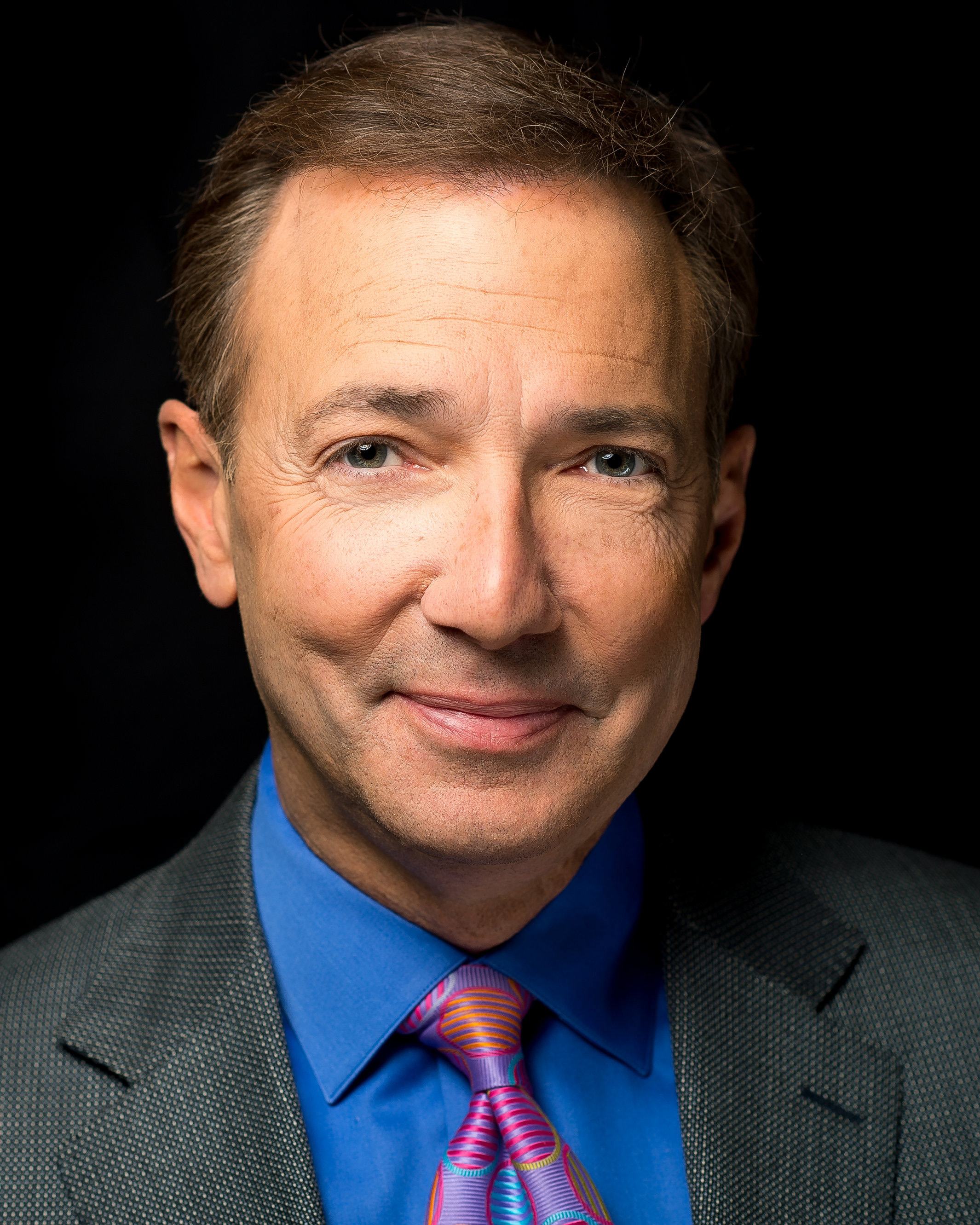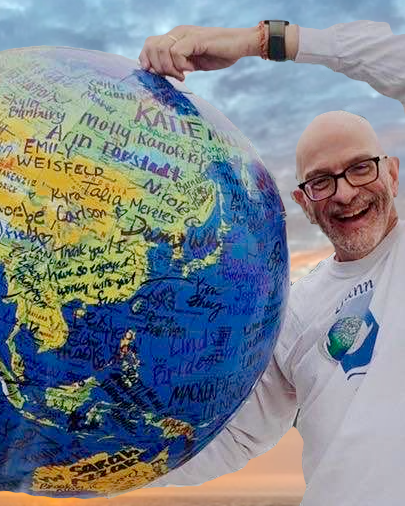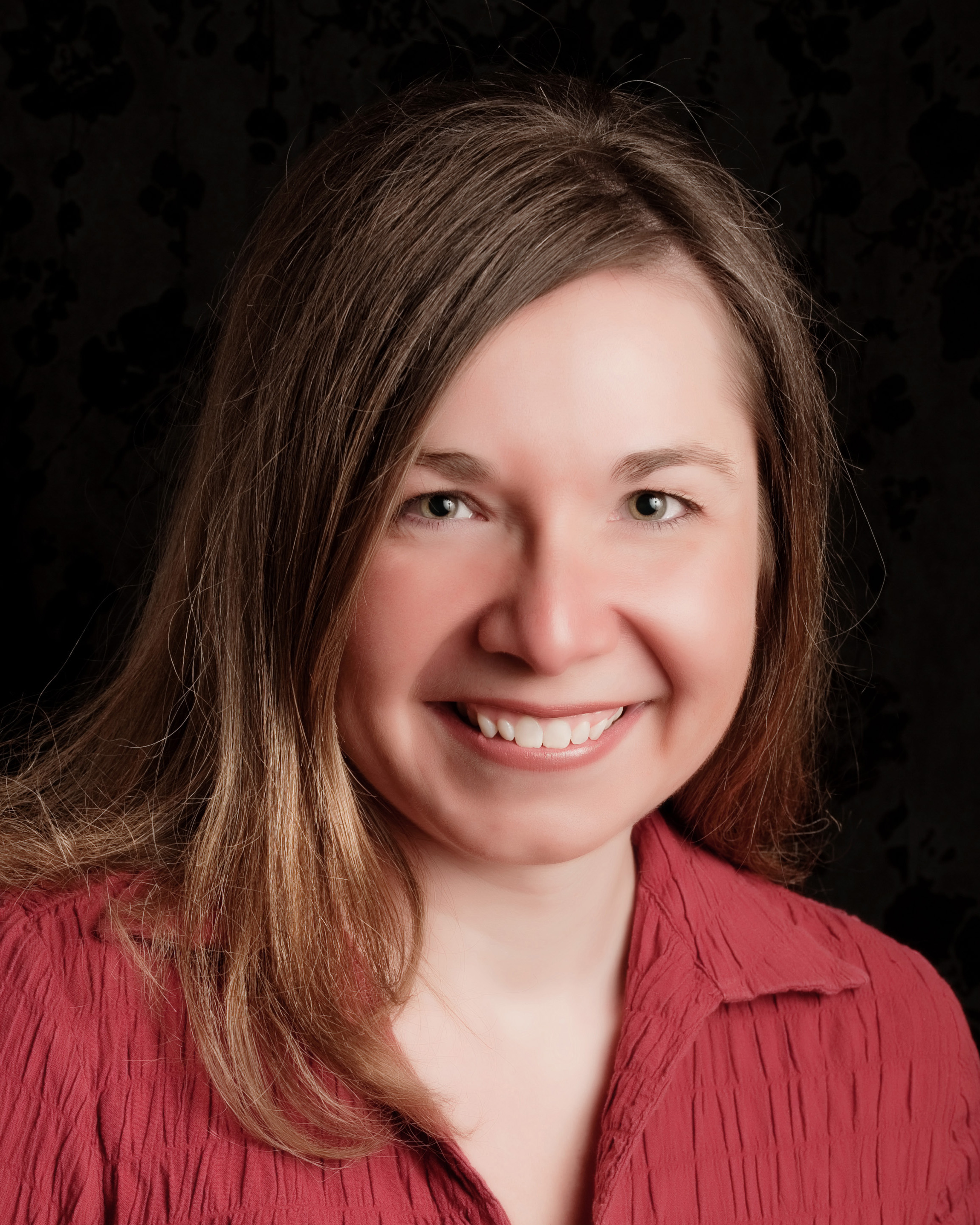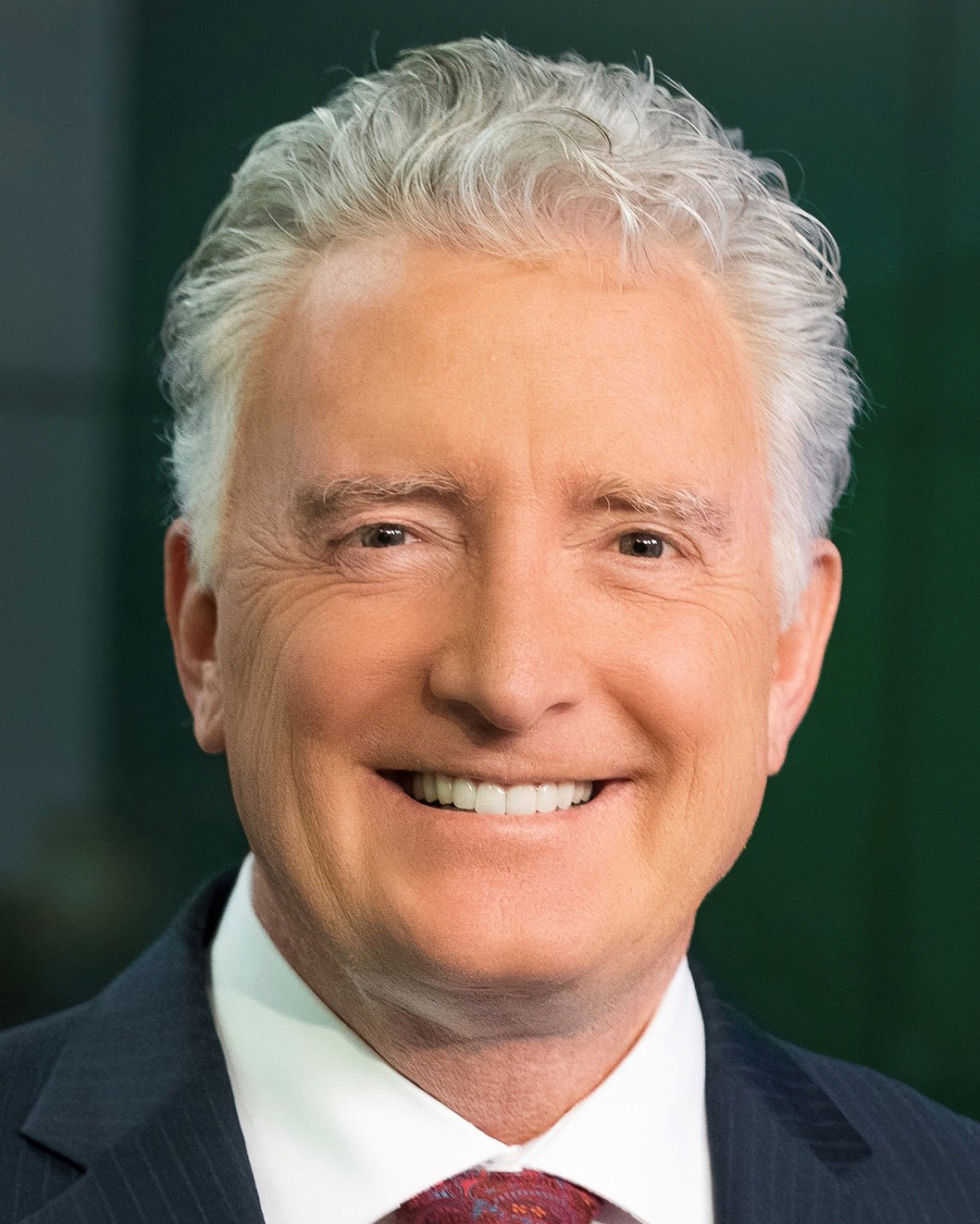Registration rates:
$85 for student members
$105 for student non-members
$125 for members
$165 for non-members
This hybrid short course at the 49th Conference on Broadcast Meteorology/Sixth Conference on Weather Warnings and Communication will include three experts sharing their experiences and knowledge on how to tailor climate change messaging, including for faith communities and conservative markets.
| Registration close date: | Thursday, June 9, 2022 at 11:59 PM Eastern (no on-site registration) |
| Participant cap: | 50 |
Registration rates:
$85 for student members
$105 for student non-members
$125 for members
$165 for non-members
Registration policy:
AMS requires a valid payment to be made within 5 days of the start of a course or sooner if registration has reached capacity. You will be contacted by AMS staff if payment is required. Refunds will not be issued to attendees within 7 days of the start of a course. Registrations are not transferable or exchangeable. Please note that there is no on-site registration for this event.
This short course features three experts sharing their perspectives on communicating climate change to a broadcast audience.
Paul Douglas says that climate messaging isn't one-size-fits-all. Sharing and personalizing the science is essential, but so is framing climate impacts and solutions in a manner that appeals to a conservative audience's ideological convictions and faith-based aspirations. It is possible to do both, lean into established science, while framing climate messaging in a way that better resonates across a wide political and ideological spectrum.
Scott Denning believes climate change is simple, serious, and solvable. Simple explains the mechanism by which CO2 absorbs outgoing radiation and arms the climate. Serious outlines the progressive and permanent nature of CO2-induced warming, and the potential consequences. Solvable explains feasible and affordable solutions for decarbonization to prevent catastrophic damages.
Katharine Hayhoe has insight on what broadcast meteorologists can do and say to help people understand why climate change affects them, especially those working in more conservative markets.

Senior Meteorologist, Praedictix

Professor of Atmospheric Sciences, Colorado State University

Professor of Atmospheric Sciences, Texas Tech University

Chief Meteorologist, Denver7 ABC (moderator)